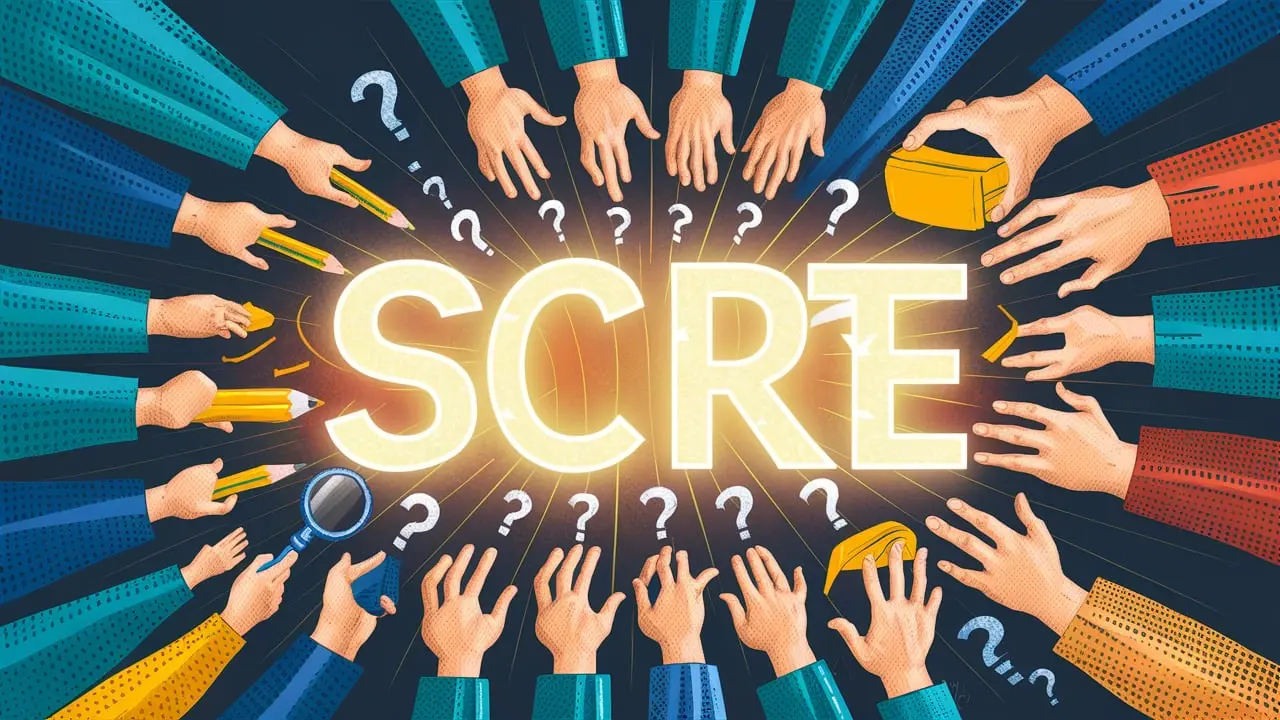-
Posted on: 23 Aug 2024

-
Your credit score is a crucial three-digit number that significantly influences your financial life. It determines your eligibility for loans, credit cards, mortgages, and even apartment rentals. One of the factors that can affect this score, often causing concern, is credit inquiries. Understanding why credit inquiries can lower your credit score is essential for maintaining a healthy credit profile.
What Are Credit Inquiries?
Credit inquiries, also known as credit checks or credit pulls, occur when a lender or service provider requests your credit report from one of the three major credit bureaus: Equifax, Experian, and TransUnion. These requests are made to assess your creditworthiness when you apply for credit or certain services.
There are two main types of credit inquiries:
- Hard Inquiries: These occur when you apply for a new line of credit, such as a credit card, loan, or mortgage. Hard inquiries are typically visible to other lenders and can slightly lower your credit score.
- Soft Inquiries: These occur when you check your own credit report, or when lenders pre-approve you for offers. Soft inquiries are not visible to other lenders and do not affect your credit score.
Why Do Hard Inquiries Lower Your Credit Score?
The primary reason why hard inquiries negatively impact your credit score is that they can be interpreted as a sign that you are seeking new credit. Credit scoring models like FICO and VantageScore take into account the number and frequency of credit inquiries as indicators of risk. Here's a breakdown of the reasons:
1. Sign of Increased Credit Seeking
Multiple hard inquiries in a short period can suggest that you are actively seeking multiple lines of credit. Lenders may perceive this as a sign of financial distress or a higher risk of overextending yourself. They might assume you are shopping around because you've been denied credit elsewhere, or that you are planning to take on more debt than you can handle.
2. Potential for New Debt
Each application for credit represents the potential for new debt. Credit scoring models are designed to predict the likelihood of you defaulting on your debt obligations. A surge in credit applications can increase the perceived risk of you taking on too much debt and struggling to repay it, thus lowering your score.
3. Impact on Credit Utilization Ratio
While a single hard inquiry usually has a minimal impact, the subsequent opening of new credit accounts can affect your credit utilization ratio. This ratio compares the amount of credit you're using to your total available credit. If you open several new credit accounts and start using a significant portion of that credit, your utilization ratio can increase, negatively impacting your score.
4. Age of Credit History
Opening new credit accounts as a result of hard inquiries can also affect the average age of your credit accounts. A longer credit history generally indicates stability and responsible credit management. Opening several new accounts in a short period can decrease the average age of your credit history, potentially lowering your score.
How Much Do Hard Inquiries Affect Your Credit Score?
The impact of a single hard inquiry on your credit score is typically small. For most people, a single hard inquiry might lower their score by a few points (often less than 5). However, the cumulative effect of multiple hard inquiries can be more significant. The exact impact depends on several factors, including:
- Your Overall Credit Profile: Individuals with excellent credit scores may see a smaller impact from a hard inquiry compared to those with fair or poor credit.
- Frequency of Inquiries: The more hard inquiries you have within a short period, the greater the potential negative impact.
- Age of Inquiries: Hard inquiries typically remain on your credit report for two years, but their impact diminishes over time. Most scoring models give less weight to older inquiries.
Types of Hard Inquiries to Be Aware Of
It's important to understand when hard inquiries are likely to occur so you can manage them effectively:
- Credit Card Applications: Applying for a new credit card will always result in a hard inquiry.
- Loan Applications: Applying for a personal loan, auto loan, or student loan will also trigger a hard inquiry.
- Mortgage Applications: Applying for a mortgage can result in multiple hard inquiries, but these are often treated as a single inquiry if they occur within a short period (typically 14-45 days, depending on the scoring model).
- Lease Applications (Sometimes): Applying to rent an apartment might involve a hard inquiry, depending on the landlord's practices and whether they require a credit check through a formal credit bureau.
How to Minimize the Impact of Credit Inquiries
While you can't completely avoid hard inquiries when applying for credit, there are strategies to minimize their impact on your credit score:
1. Limit Unnecessary Credit Applications
Avoid applying for multiple credit cards or loans at the same time unless absolutely necessary. Shop around carefully and only apply for credit that you genuinely need and are likely to be approved for.
2. Rate Shopping Strategically
When shopping for a mortgage or auto loan, understand that multiple inquiries within a short period are often treated as a single inquiry. This allows you to compare rates from different lenders without significantly impacting your credit score. Check the specific guidelines of the credit scoring model used by your lenders.
3. Space Out Credit Applications
If you need to apply for multiple types of credit, try to space out the applications by several months. This gives your credit score time to recover from each inquiry before the next one occurs.
4. Focus on Improving Your Overall Credit Profile
A strong credit history with on-time payments, low credit utilization, and a mix of credit accounts can help mitigate the impact of hard inquiries. Focus on building a positive credit profile over time.
5. Check Your Credit Report Regularly
Review your credit report from each of the three major credit bureaus (Equifax, Experian, and TransUnion) at least once a year. You can obtain a free credit report annually from AnnualCreditReport.com. This allows you to identify any errors or unauthorized inquiries that could be negatively affecting your score.
Understanding the Difference Between Hard and Soft Inquiries
It's crucial to differentiate between hard and soft inquiries to understand which ones affect your credit score:
- Hard Inquiries: As discussed, these occur when you apply for credit. They are visible to lenders and can impact your credit score. Examples include applying for credit cards, loans, and mortgages.
- Soft Inquiries: These occur when you check your own credit report, when lenders pre-approve you for offers, or when employers perform background checks (with your consent). Soft inquiries are not visible to other lenders and do not affect your credit score.
Checking your own credit report regularly is a soft inquiry and is highly recommended to monitor your credit health without negatively impacting your score.
The Role of Credit Scoring Models (FICO and VantageScore)
Credit scores are calculated using complex algorithms developed by credit scoring companies like FICO and VantageScore. While the specific formulas are proprietary, both models consider similar factors, including:
- Payment History: Your record of making on-time payments is the most important factor.
- Amounts Owed: How much you owe compared to your available credit (credit utilization ratio).
- Length of Credit History: The age of your credit accounts.
- Credit Mix: The variety of credit accounts you have (e.g., credit cards, loans).
- New Credit: Recent credit applications and hard inquiries.
Both FICO and VantageScore consider hard inquiries as part of the "New Credit" category. They assess the number and frequency of inquiries to gauge your risk level. However, the weighting and specific criteria may differ slightly between the two models.
Long-Term Impact of Credit Inquiries
The impact of hard inquiries on your credit score is temporary. Most scoring models consider inquiries for about two years, but their influence diminishes over time. After about a year, the impact of an inquiry is typically minimal. Continuing to manage your credit responsibly by making on-time payments and keeping your credit utilization low will help your score recover and improve over time.
Conclusion: Managing Credit Inquiries for a Healthy Credit Score
Understanding why credit inquiries can lower your credit score is crucial for maintaining a healthy financial profile. By differentiating between hard and soft inquiries, limiting unnecessary credit applications, and focusing on improving your overall credit history, you can minimize the negative impact of credit inquiries and build a strong credit score. Regular monitoring of your credit report and responsible credit management practices are key to achieving and maintaining excellent creditworthiness.









